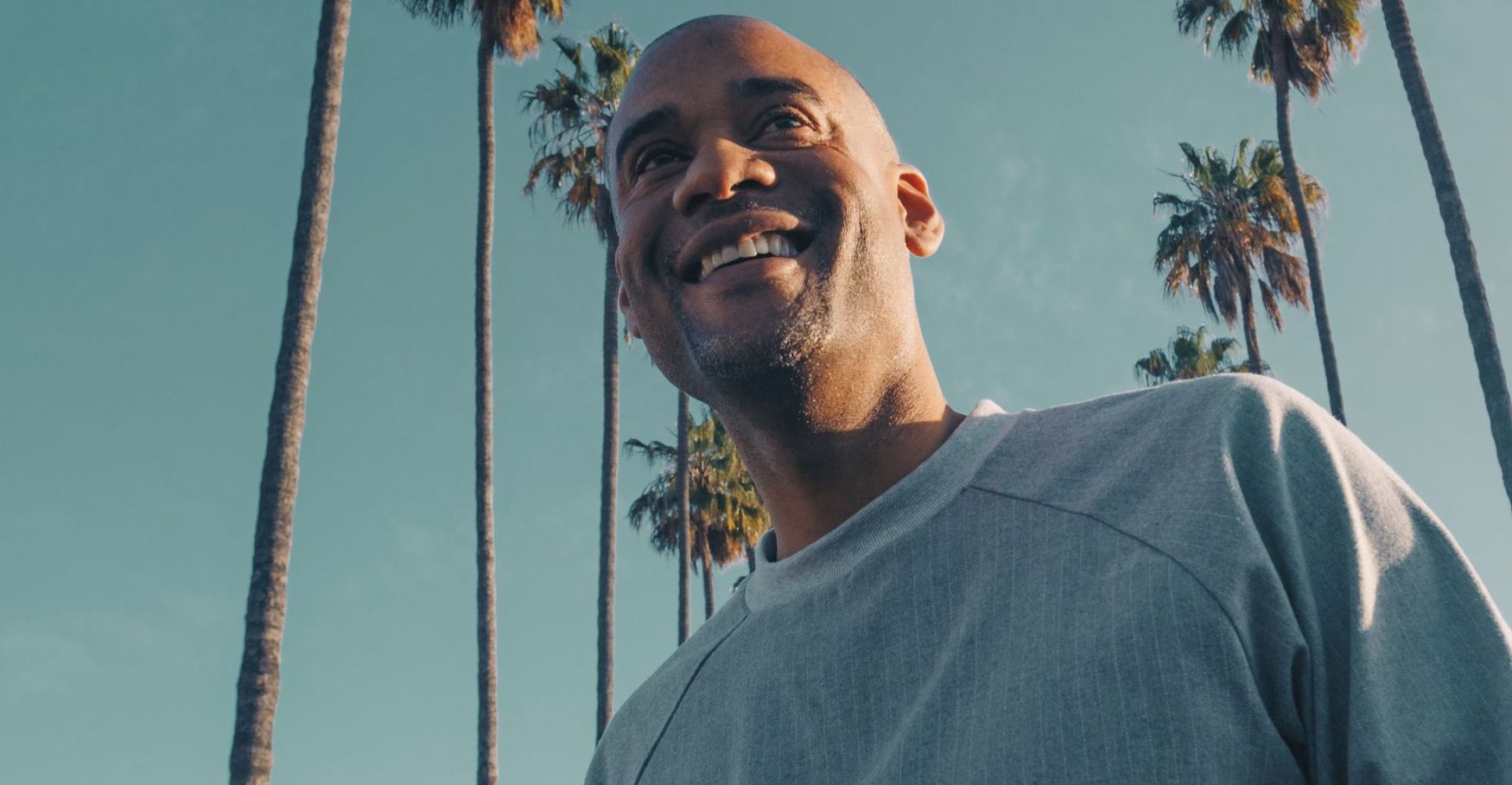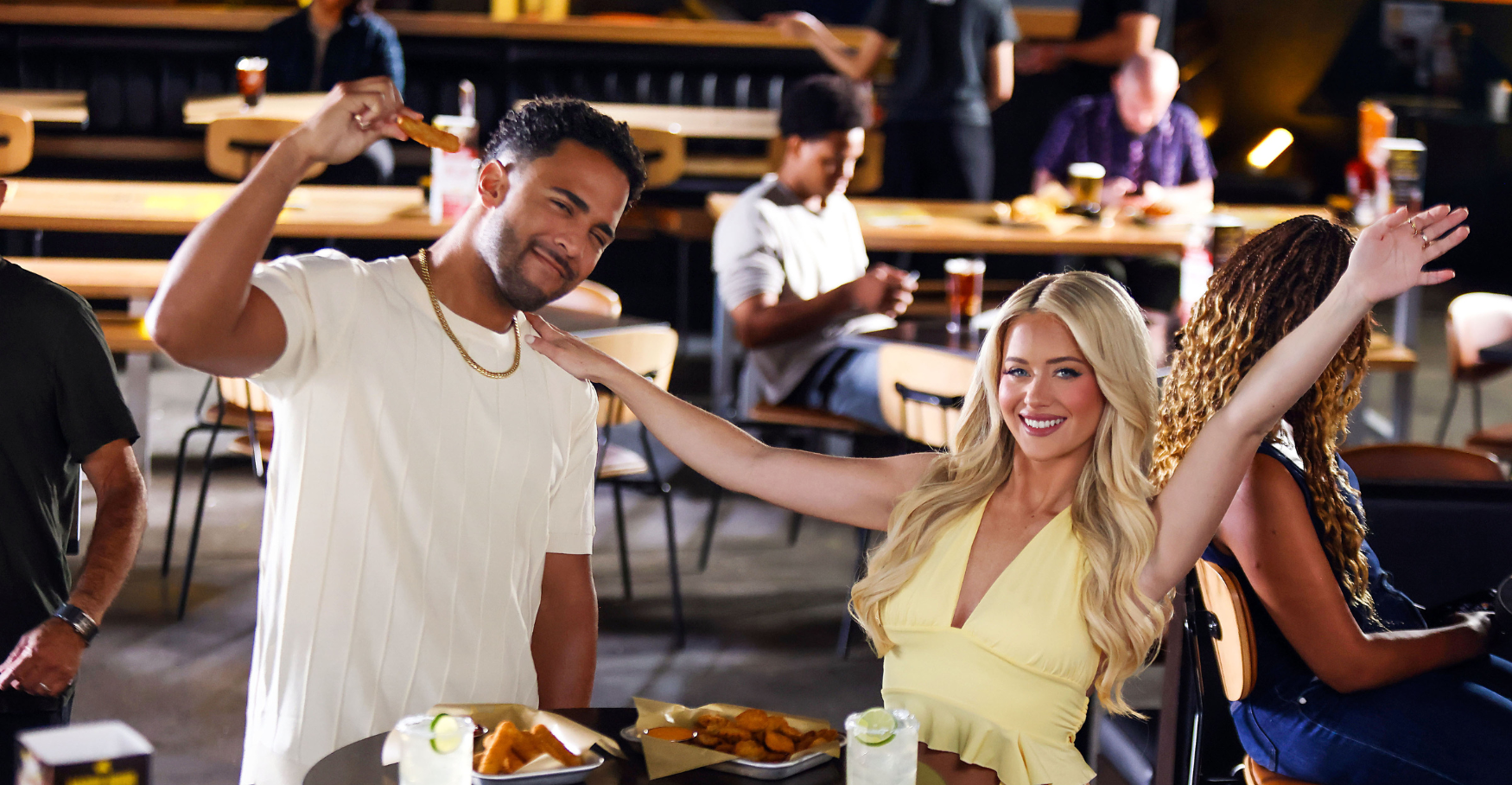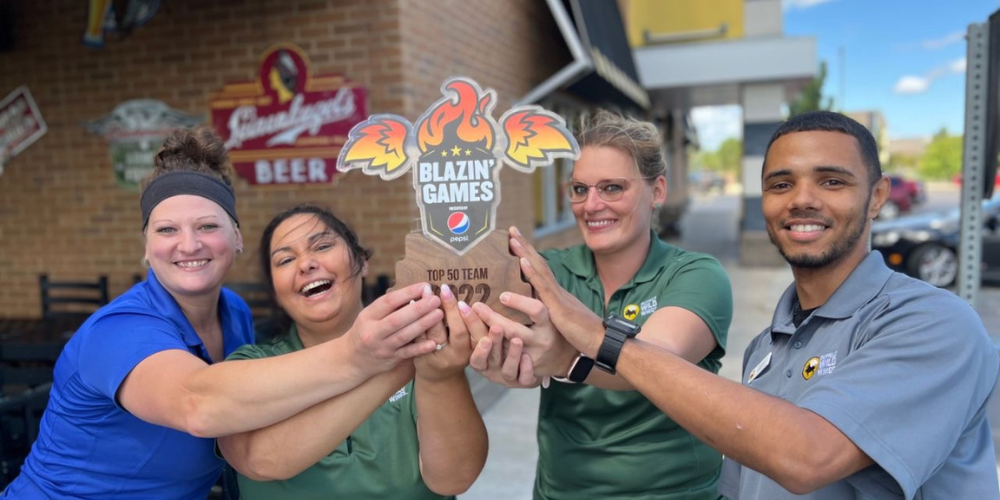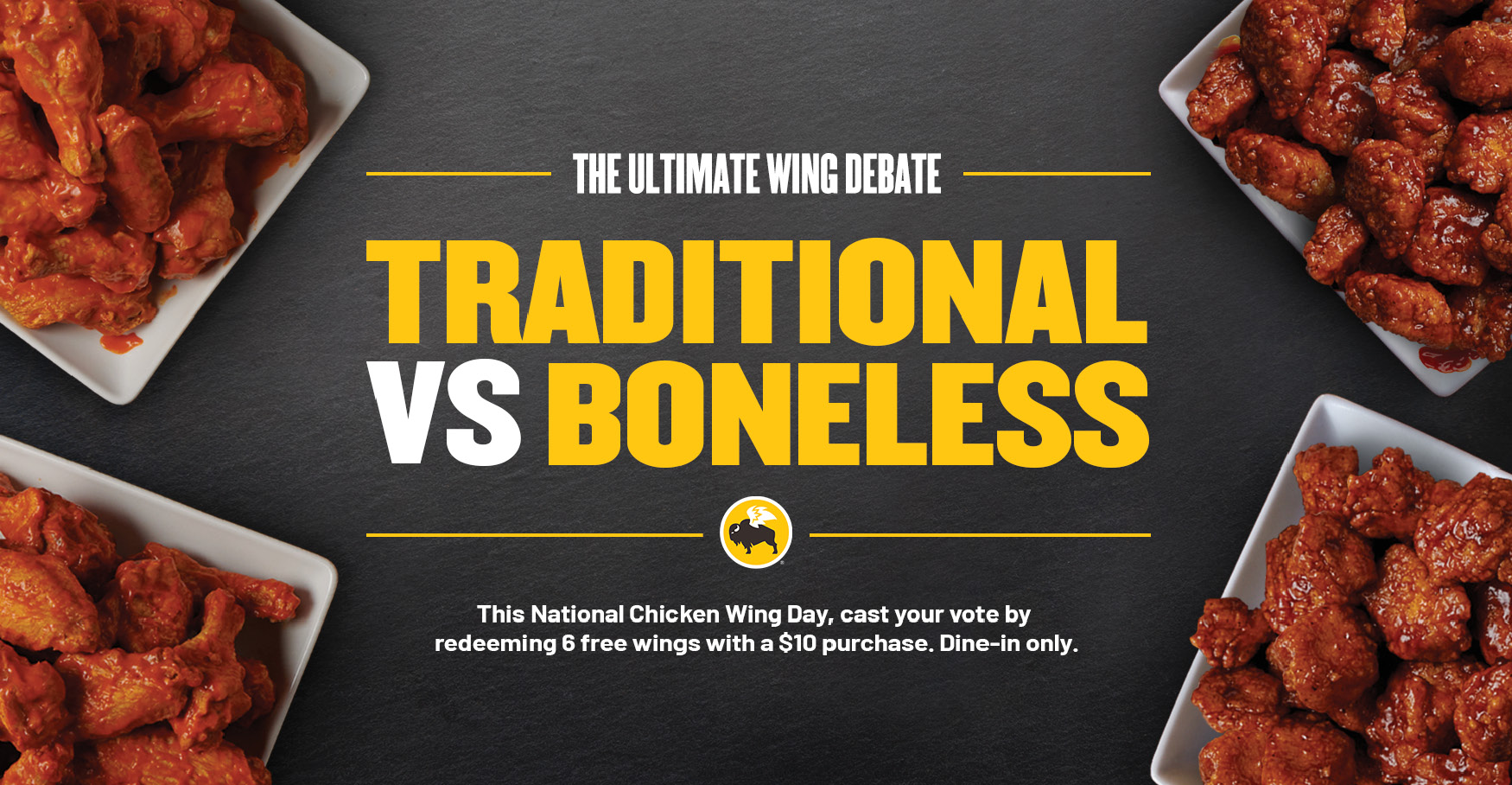Growing up in the restaurant industry, Karim Webb was almost pre-destined to follow the same path. He remembers all of those early conversations between his parents, listening to their day-to-day work as franchisees, helping out on the weekends at the restaurant and understanding what it took to operate a successful business.
After finishing college, Webb opted for a different path in the real estate business in Southern California when a client approached him with a unique opportunity: Buffalo Wild Wings was thriving, and with Webb’s background in the food industry, he could be the one to bring the brand to the Los Angeles area.
“We were in the middle of this golden period of sports in LA and we didn’t have a place to go watch the California teams,” Webb said. “I thought the Buffalo Wild Wings concept was brilliant and a no-brainer. So I reached out to a lifelong friend, who’s my business partner, and we embarked on this journey.”
In 2006, Webb applied to become a franchisee, eventually opening four sports bars throughout California, including one on Crenshaw, which he likened to the “spine of the African-American community in LA.”
“Having a Buffalo Wild Wings there lends itself to getting engaged philanthropically,” Webb said. “I was approached to support a local high school, Dorsey High School, which is my mother’s alma mater. I was blown away when I visited because they had this entrepreneurial school on campus, a whole curriculum and program. I decided to teach a class there and I fell in love with the process of teaching kids how to develop their own concepts.”
That passion for helping others — and his responsibilities — only grew, as Webb tied his parents’ experiences to those looking for opportunities to build a successful career.
“Both my parents grew up in single-parent households, in very poor parts of the inner city,” Webb said. “It was really through my father’s character and work ethic, as well as an opportunity to start his own business, that changed the trajectory of future generations in our family.”
In 2018, he took the ultimate step forward, aiming to create a more equitable business world and restaurant industry by launching 4thMVMT, an organization that invests in entrepreneurs largely from communities of color who are overcoming trauma and lack access to capital.
“Dr. (Martin Luther) King talks about the experience of African-Americans in the United States, if it were described in the form of a symphony,” Webb said. “He said the first movement would be the abolition of slavery, the second movement would be civil rights, the third movement would be voting rights and the fourth movement would be economic equality and so the fourth movement being, from Dr. King’s perspective, kind of the holy grail of being self-determined. And that’s how we landed on the name, 4thMVMT.”
Over nearly three years, Webb has launched 4thMVMT in communities across the country, including in Los Angeles and Chicago in efforts to help remove barriers for Black and Latino people seeking entrepreneurship opportunities.
“When we talk about income inequality in our country, we talk about opportunity inequality,” Webb said. “You hear lots of conversation around institutional racism and people who haven’t experienced it don’t understand it. But everybody understands that we deserve fairness. And we’re working toward that by investing in human beings to be thriving leaders. We do this with a proprietary trauma-informed leadership development program, equipping people with tools for overcoming obstacles on their way to success. We then indefinitely support each individual by providing a best-in-class supply chain, cutting-edge technology and back-office solutions.”
Entrepreneurship, Webb said, is the most effective vehicle for Black and Latino people to exist equitably in America.
“By removing barriers, we can close the nation’s wealth, health and achievement gaps, changing society for the better,” Webb said. “My hope and goal is that this idea of social equity will gain more momentum and adoption, not just in the restaurant industry, but in retail and more.”
To learn more about Webb and 4thMVMT, visit 4thMVMT.com.
This story is part of an ongoing series that celebrates the stories of our corporate and franchise team members, as well as franchisees as we reflect on the significant roles that African-Americans have played in shaping U.S. history. Click here to read other stories like this.



